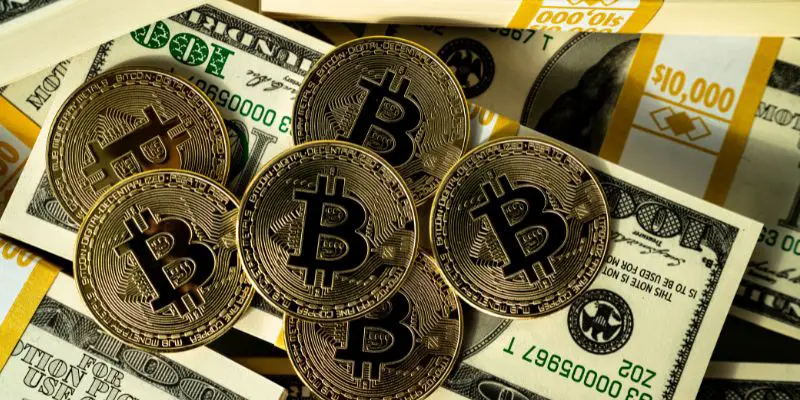How Much Does Bitcoin Cost to Send
Sending Bitcoin typically costs between $0.50 to $10, depending on network congestion and transaction size. Bitcoin transaction fees fluctuate due to network demand and are paid to miners for validating transactions. As one of the most popular cryptocurrencies, Bitcoin’s cost to send can vary significantly based on various factors. With the rise of decentralized finance










